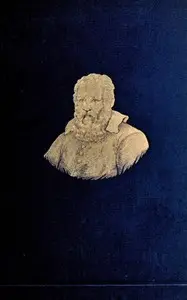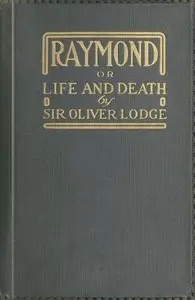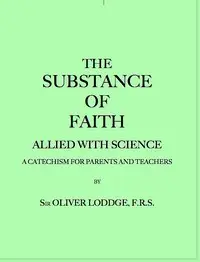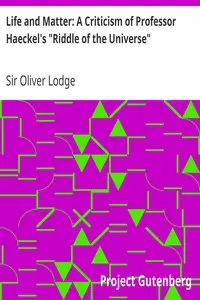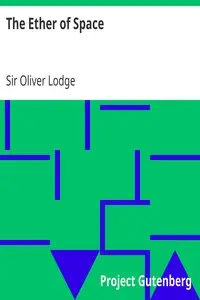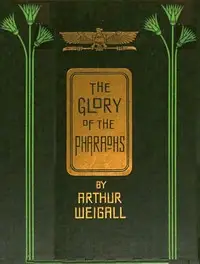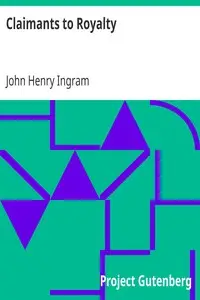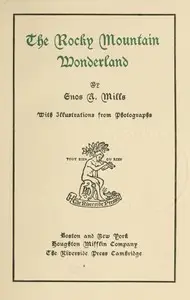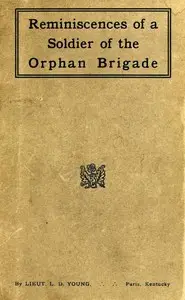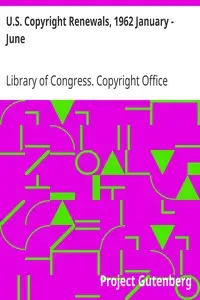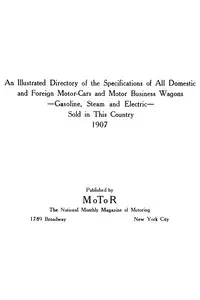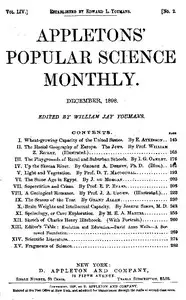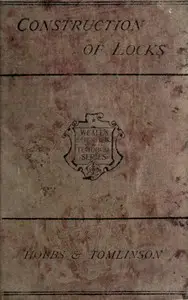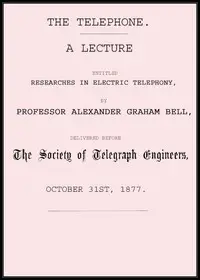"Signalling across space without wires" by Sir Oliver Lodge is a scientific publication written in the late 19th century. The work primarily focuses on the groundbreaking experiments conducted by Heinrich Hertz and his successors, specifically concerning the generation and application of electromagnetic waves for wireless communication. Utilizing Hertz’s discoveries, Lodge explores the theoretical and experimental aspects of how electrical signals can be transmitted over distances without the need for physical wires. The opening of this book begins with notes from a lecture delivered by Lodge at the Royal Institution of Great Britain, where he reflects on Hertz’s significant contributions to the field of experimental physics. Lodge emphasizes Hertz’s tragic early death and the impact of his work, which validated Maxwell's theories on electromagnetic radiation. He introduces his intention to demonstrate some of Hertz's experiments while providing a foundational understanding of electrical waves and their implications for telegraphy. This introductory portion sets the stage for an in-depth exploration of the principles behind wireless communication, detailing early experiments that demonstrate the existence and nature of electromagnetic waves as they relate to practical applications in signaling. (This is an automatically generated summary.)
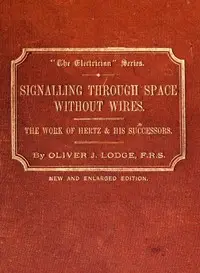
Signalling across space without wires being a description of the work of Hertz & his successors
By Oliver Lodge
"Signalling across space without wires" by Sir Oliver Lodge is a scientific publication written in the late 19th century. The work primarily focuses o...
Genres
Released
2022-10-28
Formats
epub
epub (images)
epub3 (images)
mobi (images)
Free Download
Overview
About the Author
Sir Oliver Joseph Lodge was an English physicist and writer involved in the development of, and holder of key patents for, radio. He identified electromagnetic radiation independent of Hertz's proof and at his 1894 Royal Institution lectures, Lodge demonstrated an early radio wave detector he named the "coherer". In 1898 he was awarded the "syntonic" patent by the United States Patent Office. Lodge was Principal of the University of Birmingham from 1900 to 1920.
Total Reviews
10.0k
Total reviews from Goodreads may change


